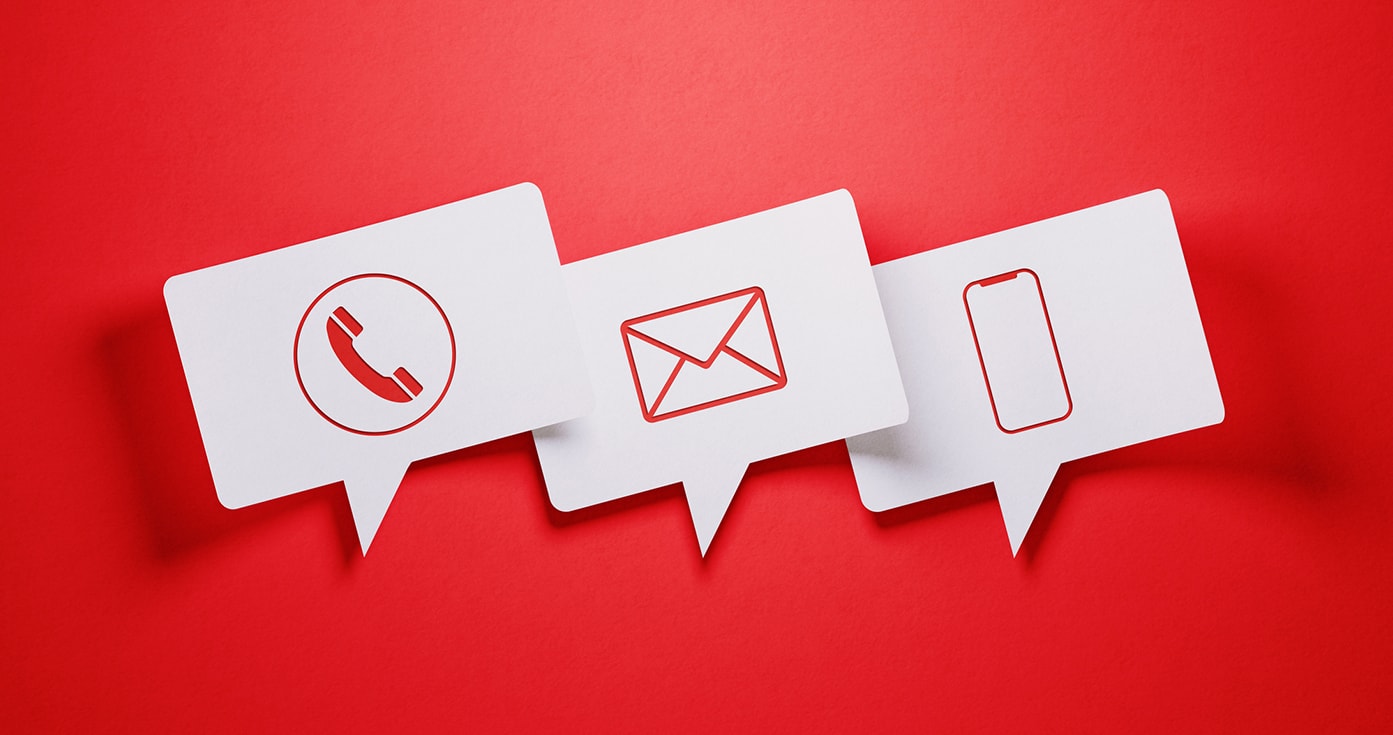How Quickly Do You Need to Reply?
Communication over messaging platforms can waste over an hour a day. Here’s how to prioritize during the coronavirus outbreak.

On her first day of working from home amid the coronavirus outbreak, Caroline received 175 new emails, many of which were company-wide communications about protocol. The scary part was that 175 wasn’t particularly abnormal; even before the coronavirus forced many office workers to stay home, Caroline’s typical workday would end with a flurry of emails, messages, and phone calls begging to be answered. But under the current circumstances, with she and millions of other people across the globe now working from home, it all felt like too much too handle.
According to a recent study, the average full-time worker spends three hours a day reading and responding to email and receives about 120 new emails each day. The proliferation of messaging apps, videoconferencing tools, and other communication platforms has added to the deluge: 69% of professionals lose up to an hour each day simply navigating between different platforms, according to a report by cloud communications provider RingCentral. That’s 32 days wasted a year.
But do all these new messages really have to be answered—and if so, when? Clearly, it matters who is sending the message—your boss versus a friend. But it’s important to have boundaries between work and personal time too, especially amid heightened stress and uncertainty. “When you’d normally be packing your bag to head home for the night, make a concerted effort to shut your computer down and put it away, whether in a cabinet or drawer—somewhere out of sight,” says Gabby Lennox, a career coach at Korn Ferry Advance.
Email
With a large number of workers going remote for the first time, email is still the central form of communication. But it also commands a disproportionate amount of our attention: studies show that while just 10% of emails require an urgent response, about half of professionals will respond within 60 minutes of receiving any email.
Some people feel that simply fielding emails as they come in is most productive, but researchers at the University of Irvine found that it can take up to 23 minutes to come back to a task after just one interruption. A better solution may be to check your emails only at certain times of day.
“The exception would be if there’s new urgency around a particular project, or if your manager has expressed a desire to hear from you more frequently now that you’re not working side by side,” Lennox says.
Text Messaging and Messaging Apps
Working remotely can make you feel like you’re a doctor on call 24/7, especially if you’re new to it. Today, 73% of professionals text with their internal coworkers, while 51% use text to communicate with external contacts, customers, prospects, and partners.
But experts say that texting still conveys more urgency than email, perhaps because more than 90% of people read a text message within the first three minutes of receiving it, according to a survey by mobile research firm Mobilesquared. So if your boss is texting you, in many cases you should respond immediately.
When it comes to work-based messaging apps, the rules aren’t so clear. Experts say it’s harder to immediately filter out what’s urgent, though you can typically mute conversations that aren’t urgent and create notifications so that you’re alerted anytime there’s activity on a certain topic or messages from a certain person.
Phone
At a time when calendar invites for meetings dominate the workplace, unscheduled phone calls are increasingly rare. That’s why they’re perhaps the most important signifier of an urgent matter. But with kids out of school and other unpredictable factors, you’re not likely to be free to talk at a moment’s notice. If you miss a call, answer it as soon as you can. And don’t be among the 37% of people who fall into the trap of rarely or never checking their voicemail anymore: a surprising number of professionals cringe when they think of the important voicemails they missed.
Finally, never forget where you are when you take a call. There is a hierarchy at work here. The basic rule is, the higher up the person you’re talking to, the more urgent it is that you be in a quiet, professional environment with no background noise. People are likely to be more understanding as we’re experiencing unprecedented circumstances, but take your calls behind closed doors if you possibly can.
“Recognize, too, that if you’re working from home for the first time (or if your entire department is working from home for the first time), there may be some trial and error here as you and your team figure out a rhythm and method that works for everyone,” Lennox advises. “Be flexible with others, and yourself, and you’ll have a routine down pat in no time.”







